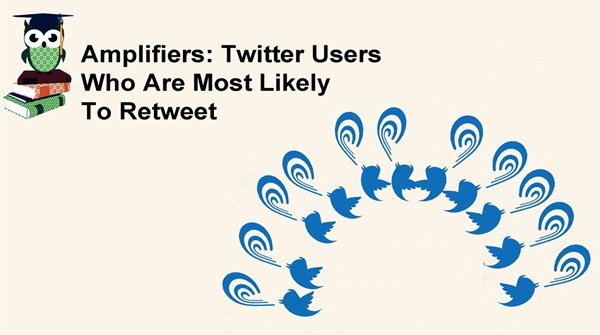
Deciding between starting a business from scratch and learning how to buy a business presents distinct challenges and implications. It’s not akin to the choice between buy a new or used car; the former carries far more significant consequences.
The two situations do share an important similarity, however: In neither case is there a single “correct” answer. Your choice depends on numerous situation-specific factors.
Let’s take a look at how some of those factors may influence your decision to build your own business from the ground up or purchase an existing company from someone—and the pros and cons of each approach.
Starting a Business From Scratch: Key Advantages
- You can pursue an original objective. What’s great about starting your business from scratch is that you’re totally in control of your own vision,” says George Otte , a Miami-based entrepreneur who started his first business while still in college.“You are able to set the foundation of corporate values which in turn dictate the tone for how your company should operate for long-term balanced growth.”
- You don’t need a lot of capital to get started. Some of the most successful startup entrepreneurs are bootstrappers—they self-fund.
- You don’t have to wait for the stars to align. When it comes to acting on a long-held business idea, there’s no time like the present. By contrast, buying an existing business requires a long search for the right fit and an exhaustive due diligence process.
Starting a Business From Scratch: Notable Drawbacks
- Failure is a real possibility. It’s surprisingly hard to find reliable statistics on startup failure rates, but suffice it to say that the odds are stacked against scratch-made businesses. “The top three [startup failure reasons are] an absence of market need, a lack of capital and a professional team that was not right for the job,” writes Conor Cawley for Tech.co . In other words: There are lots of reasons to bet against an original business idea.
- You need to prove yourself time and again. Investors and customers alike view new businesses with a skeptical eye. Without the cachet of a recognizable brand, you’ll have to prove yourself time and again.
- You have to wear many hats. Early-stage entrepreneurs are executives, product experts, HR professionals, salespeople and support staff—all at the same time. Yikes.
Buying an Existing Business: Key Advantages
- You don’t have to build everything from the ground up. Existing businesses aren’t always turnkey, but they’re at least operational.
- You’ve cleared the proof-of-concept hurdle. Even if your newly purchased company is distressed, it has proven products and services.
- Time to revenue is zero. Same deal: Even distressed companies can count on ongoing cash flow.
Buying an Existing Business: Notable Drawbacks
- It’s not cheap. Barring exceptional circumstances, you can’t bootstrap yourself into acquiring an existing, functional company.
- Due diligence is exhausting. Worried about skeletons in the closet? You’ll have to dig deep to uncover them before you seal the deal. That’s expensive and time-consuming.
- The learning curve is steep. When you buy an existing company, you immediately commit to an on-the-job learning experience. Said experience can be brutal.
Not the Last Word
This isn’t the last word on the relative merits of starting one’s own business. As entrepreneur Jay Goltz so astutely points out here , there are plenty of advantages and drawbacks to entrepreneurship.
Before you make the final decision to get into business for yourself, do your own due diligence. Speak with seasoned entrepreneurs who’ve plowed the same fields in the past. Seek out assistance from all corners. And look deep within yourself to answer a simple but all-important question: Am I willing to do whatever it takes to succeed?
Only you know the right response. After all, you’re the boss.

Founder Dinis Guarda
IntelligentHQ Your New Business Network.
IntelligentHQ is a Business network and an expert source for finance, capital markets and intelligence for thousands of global business professionals, startups, and companies.
We exist at the point of intersection between technology, social media, finance and innovation.
IntelligentHQ leverages innovation and scale of social digital technology, analytics, news, and distribution to create an unparalleled, full digital medium and social business networks spectrum.
IntelligentHQ is working hard, to become a trusted, and indispensable source of business news and analytics, within financial services and its associated supply chains and ecosystems




























